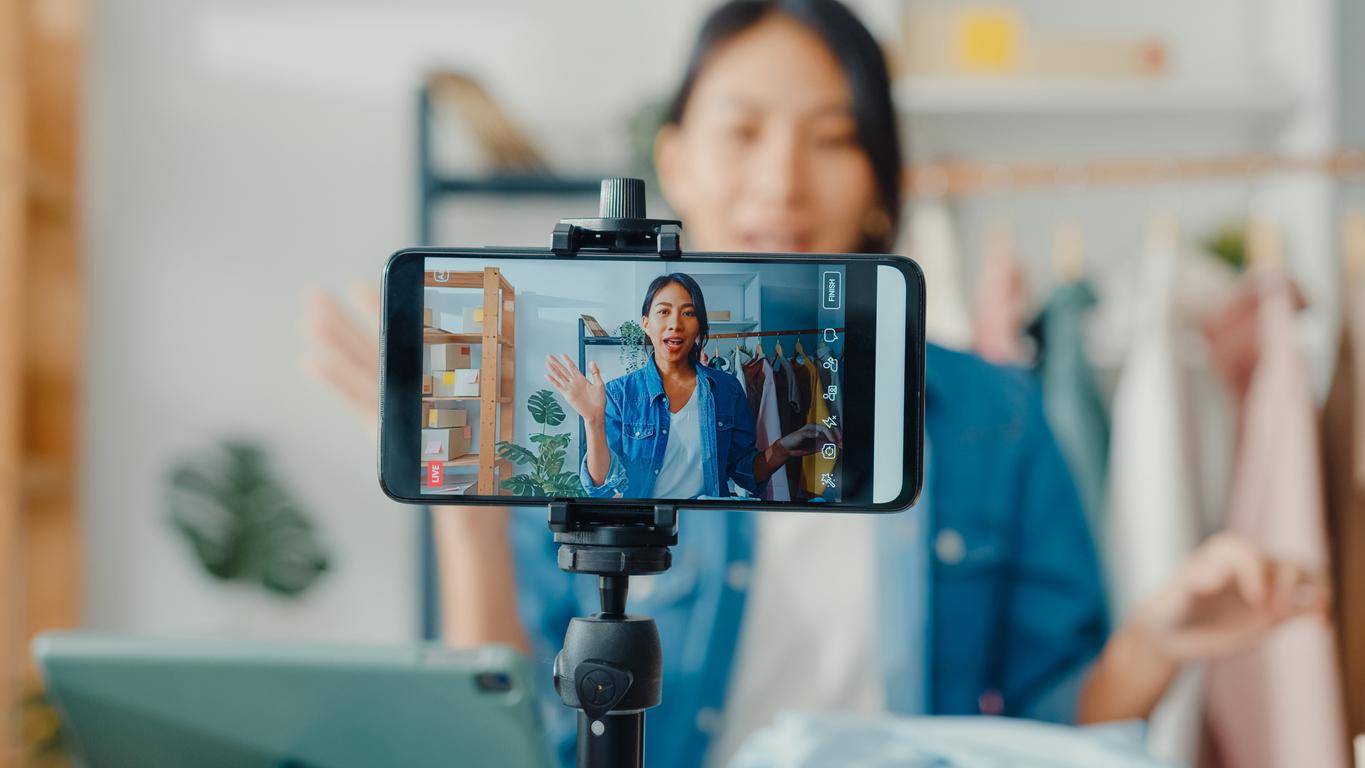
It appears that social media platforms have played an important role in the increasing divisions in society.
And of course the first thing that comes to mind is Facebook. This is because it is the largest platform and because it has long tried to downplay its role in fueling division. But now it appears from a research that platforms of this kind “have played an important role in exacerbating political polarization that can lead to such extremist violence.”
Social media platforms and social division
The above conclusion is not a good one. The report was conducted by researchers at New York University’s Stern Center for Business and Human Rights. Facebook, as usual, contradicts the investigation. The company says existing research shows that “social media is not a primary cause of harmful polarization.” But in their report, the NYU researchers write that “research more narrowly focused on the years since 2016 suggests that the widespread use of the major platforms has exacerbated hatred.”
The researchers have examined numerous reports. In this they looked at the connections between polarization and social media research. They also interviewed dozens of researchers and at least one Facebook executive, Yann Le Cun, Facebook’s top AI scientist.
Cause
Of course you can’t put the entire blame on ‘the internet’. The researchers therefore emphasize that social media is not the original cause. But they did step it up a lot. It is remarkable that they describe that, for example, Facebook is indeed aware of this. This is because Facebook’s own efforts to reduce divisiveness, such as putting less emphasis on political content in the news feed, demonstrate that the company is well aware of its role.
But how to solve this? That’s difficult. The report also states that “the companies are refusing to disclose how their platforms work.” One of the researchers’ recommendations is that the government “forces Facebook, Google, YouTube, etc. to share data about how algorithms rank, recommend and remove content.” Platforms that release the data, and independent researchers who study it, should be legally protected as part of that work, they write. Will it ever get that far…
.



















